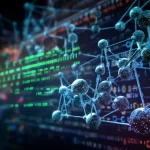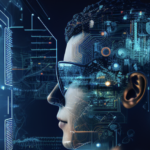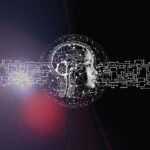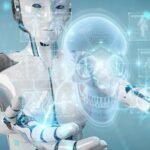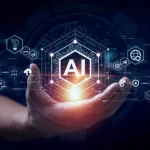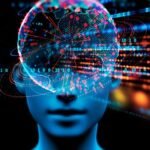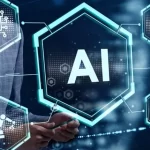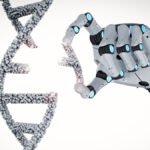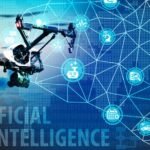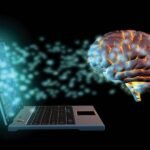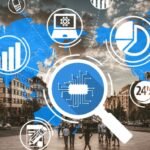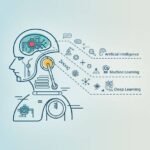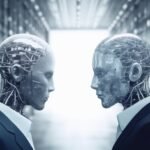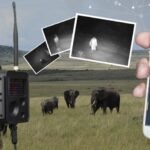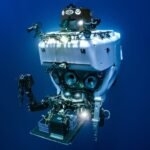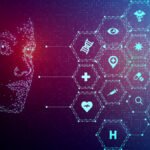Democratic inputs to AI
Artificial intelligence (AI) has emerged as a transformative technology with the potential to revolutionize various aspects of our lives. However, as AI systems become increasingly prevalent, it is crucial to address the ethical implications and ensure that the development and deployment of AI prioritize democratic inputs. In this blog, we explore the importance of democratic inputs in AI, the challenges we face, and potential solutions to foster an ethical and inclusive AI ecosystem.
The Need for Democratic Inputs in AI:
AI systems are trained on vast amounts of data, which can introduce biases and reflect existing societal inequalities. Without diverse and inclusive inputs, AI technologies run the risk of perpetuating discrimination, reinforcing systemic biases, and marginalizing underrepresented communities. Therefore, incorporating democratic inputs becomes essential to create fair, unbiased, and inclusive AI systems that benefit society as a whole.
- Inclusive Data Collection:
To ensure democratic inputs, it is crucial to gather diverse and representative data. AI developers must actively seek out and include data from different sources, demographics, and perspectives. By involving a wide range of voices and experiences, we can mitigate the risk of AI algorithms being skewed towards specific demographics and promote fairness and inclusivity.
- Ethical Frameworks and Public Input:
Developing AI systems with democratic inputs requires active engagement with stakeholders, including the public, policymakers, and experts from various domains. Establishing ethical frameworks and soliciting public input can help shape guidelines and regulations that govern AI development, deployment, and use. It is vital to consider societal values, human rights, and principles of fairness and accountability when designing AI systems.
- Collaboration and Interdisciplinary Approach:
AI development should not be limited to technical experts alone. Emphasizing multidisciplinary collaboration involving experts from diverse fields such as social sciences, philosophy, ethics, and law can help uncover potential biases and ethical dilemmas. Incorporating a wide range of perspectives can lead to more comprehensive and nuanced AI systems that reflect democratic values.
Challenges and Potential Solutions:
While striving for democratic inputs in AI, several challenges need to be addressed:
- Data Bias and Representation: Biases in training data can lead to discriminatory AI outcomes. Developers should actively work to identify and mitigate biases through rigorous data preprocessing techniques, auditing algorithms, and diversifying data sources.
- Transparency and Explainability: AI systems should be transparent and explainable, enabling users to understand how decisions are made. Clear documentation and open-source initiatives can foster transparency, allowing stakeholders to identify and address potential biases or unfair practices.
- Education and Public Awareness: Promoting public awareness about AI, its capabilities, and its limitations can empower individuals to engage in informed discussions and contribute to the development of democratic AI. Education programs should include ethical considerations and encourage critical thinking about AI’s societal impact.
- Regulation and Governance: Governments and regulatory bodies play a crucial role in shaping AI policies and frameworks. Robust governance mechanisms, including standards, guidelines, and audits, can ensure that AI systems align with democratic values and serve the broader public interest.





